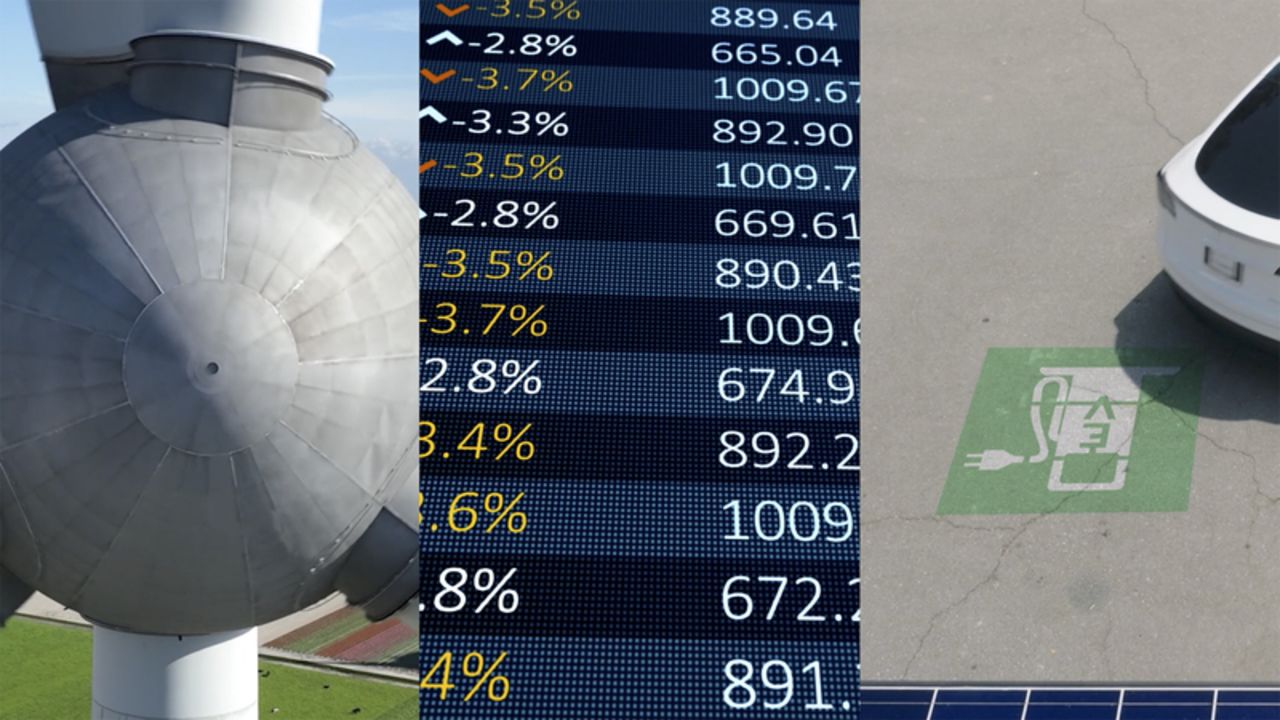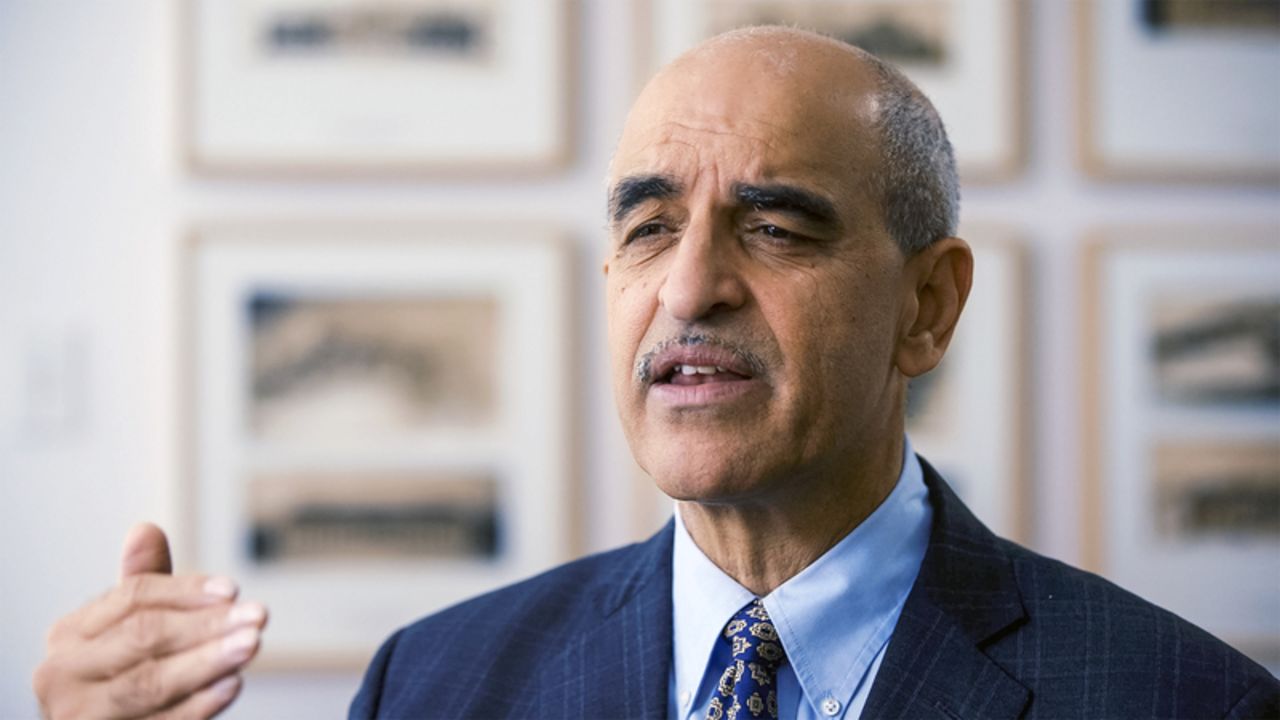How Public Policy Can Drive Climate Innovation and Business Opportunities: A Conversation with USEPA’s David Cash
- 30 OCT 2024
- |
- Climate Rising
David Cash, the Regional Director of the U.S. Environmental Protection Agency (USEPA)
for New England, shares his journey from environmental science to state and federal
leadership roles. He highlights how the clean energy transition in the United States
is being driven by public policy, community engagement, and new funding through the
Bipartisan Infrastructure Law and the Inflation Reduction Act. He explains the U.S.
EPA’s role in balancing climate action with economic development, while promoting
environmental justice. David also offers insights on career opportunities at the intersection
of business, climate, and government.
David Cash, the Regional Director of the U.S. Environmental Protection Agency (USEPA)
for New England, shares his journey from environmental science to state and federal
leadership roles. He highlights how the clean energy transition in the United States
is being driven by public policy, community engagement, and new funding through the
Bipartisan Infrastructure Law and the Inflation Reduction Act. He explains the U.S.
EPA’s role in balancing climate action with economic development, while promoting
environmental justice. David also offers insights on career opportunities at the intersection
of business, climate, and government.

Business and Climate Change: Three Harvard Business School Student Perspectives
Re: Mike Toffel & Forest Reinhardt By: Shona Simkin
- 30 Oct 2024
- |
- Harvard Business School

How Robust Is Your Climate Governance?
By: Lynn Paine & Suraj Srinivasan
- 16 Oct 2024
- |
- Harvard Business Review
How Robust Is Your Climate Governance?
- NOVEMBER–DECEMBER 2024
- |
- Harvard Business Review
During the past few years, as evidence of climate change and its effects has mounted, many corporate boards have added climate governance to their agendas. But the maturity of boards’ climate-oversight processes and activities varies widely. To better understand how climate issues are being handled in the boardroom and to determine what good climate governance looks like in practice, the authors interviewed 20 directors who hold leadership positions on the boards of S&P 500 companies. Drawing from those interviews and other research, they identify eight hallmarks of meaningful climate oversight. For example, “the board is knowledgeable about the company’s climate profile,” “the board has the expertise needed for effective climate oversight,” and “the board can articulate the company’s climate positioning and strategy.” The authors also offer their perspective on the set of issues associated with each hallmark that corporate leaders must grapple with as they decide how to incorporate climate issues into their company’s governance. Climate concerns are here to stay, and climate governance will increasingly be seen as a core element of good governance.
NextGen CDR Facility: From Davos to Details
- OCTOBER 2024
- |
- Case
Next Gen CDR is a startup that pools corporate commitments to purchase Tech CDR, which promises to permanently remove and store carbon from the atmosphere to combat climate change. A partnership between South Pole and Mitsubishi Corp., Next Gen has secured initial commitments from five founding buyers and has just announced the pool at the World Economic Forum's Annual Meeting in Davos. Now the parties have to hammer out the exact terms of the agreement to bring it to fruition.
Purpose of the Firm
- OCTOBER 2024
- |
- Teaching Material
Purpose of the Firm (PoF) is a short module designed to explore how, and under what circumstances, business leaders can harness the power of capitalism and markets to “make a difference in the world” – that is, to address a significant societal problem as a commercial endeavor. This Module Note summarizes the themes discussed in PoF. Together, the cases taught in PoF are designed to study entrepreneurs and business leaders who are tackling some of the world’s most complex problems and understand 1) how to identify the problems or challenges that have both commercial potential and a positive impact on society; 2) the opportunities and limitations of the private sector’s role in systems change; and 3) how to collaborate with other societal entities to operate most successfully in a cross-sectoral fashion.
Vineyard Wind Starts Spinning (B): Breakdown and (C): Recovery and Progress
- OCTOBER 2024
- |
- Teaching Material
Supporting a Community of Learners
MBA Experience
As an MBA student at HBS, you will prepare yourself for leadership in a rapidly changing world in which natural resources are increasingly scarce and the threat of climate change ever more urgent.
Alumni
The Business & Environment Initiative connects alumni with students, faculty, and each other for learning, careers, and impact.
Executive Education
An advanced curriculum for corporate and nonprofit executives from all over the world to prepare them for new levels of leadership.
As we increasingly experience the effects of climate change – predicted by scientists over 50 years ago – business is vital.



